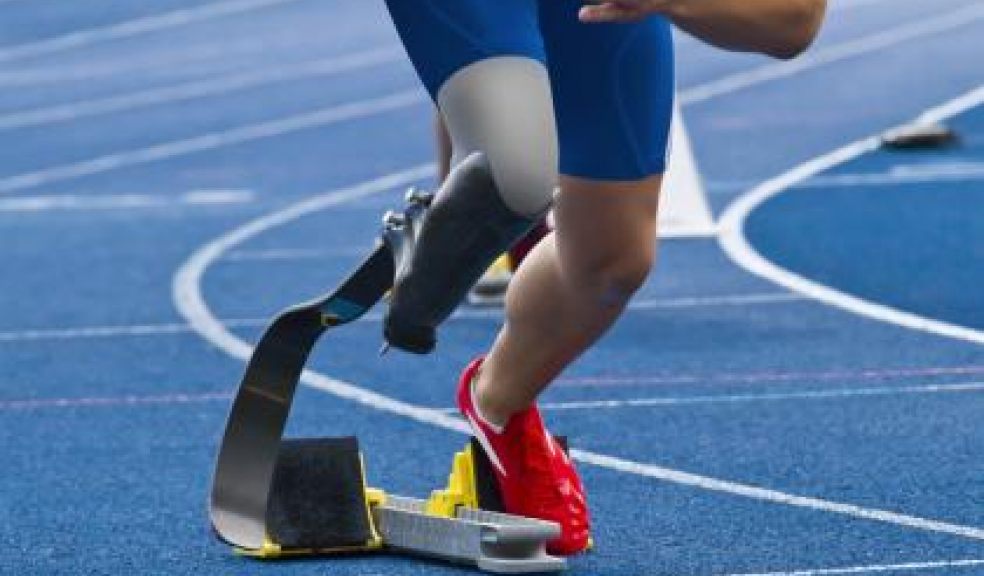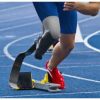
Paralympics transformed attitudes towards disabled people
Nearly 70% of the British public feel attitudes towards disabled people have improved since the London Paralympic Games in 2012, statistics published by the government reveal.
The findings from the DWP survey are from one of the most detailed surveys of its kind and marks the second anniversary of the Paralympic Games in London.
It also comes as we approach the first anniversary of the ‘Disability Confident’ campaign – designed to break down barriers in employing disabled people. Disability Confident was launched by the Prime Minister David Cameron and has showcased the talents of disabled people across the country.
Minister of State for Disabled People Mike Penning said: "London 2012 helped lead to a transformation in the representation of, and attitudes towards, disabled people in Britain. It challenged mind-sets and left a positive lasting legacy. But more still needs to be done to challenge perceptions.
"Twelve million people in Britain have a disability – that’s 1 in 5 of us. Disabled people have the same aspirations as everyone else, particularly in the workplace. That is why we have travelled round the country over the past year with the likes of Sophie Christiansen and Simon Weston to speak to big business about employing more disabled people.”
The employment rate for disabled people has increased gradually over the years to 45%. The government kick-started a 2 year advertising campaign to support businesses to become more confident at recruiting disabled people, as more disabled jobseekers cite employers’ attitudes as a barrier to work than transport.
Changes in attitudes are already leading to positive developments for disabled people across the country:
Disabled people are moving into work or training at the rate of 100 placements every working day.
315,000 more disabled people are playing sport regularly now than in 2005.
Professional football clubs are moving to make improvements to the accessibility of their stadiums, after the government called for urgent action and after the Olympic Park showed what was possible.
BBC, ITV, Channel 4 and BSKYB have pledged to increase the number of disabled people in the broadcasting industry.
Over 8,100 rail carriages now comply with modern accessibility standards and over £500m will have been spent on upgrading railway stations to become more accessible by 2019.
London’s 8,500 buses are now fully low-floor accessible and all of London’s 22,000 black cabs have wheelchair ramps.
66 tube stations are now step-free and TFL plan to make a further 28 London Underground and Overground stations step-free over the next decade.
Professional institutions in the built environment for architects, town planners, surveyors, facilities management and engineers have committed to making their professionals proficient in inclusive design.
Paralympic triple-gold medallist Sophie Christiansen: said: "London 2012 not only inspired a generation, it challenged the ideas of a generation about what disabled people were capable of.
"Just because we might be a bit different does not mean we should be looked at any differently. We all have unique talents and deserve the opportunity to fulfil our true potential."
Next month the Commonwealth Games in Glasgow will feature more disabled athletes than ever in the competition’s history, with 50 from Britain’s home nations alone. They will compete in 20 events covering the 5 core Para-Sports:
athletics
lawn bowls
powerlifting
swimming
cycling being added this year














